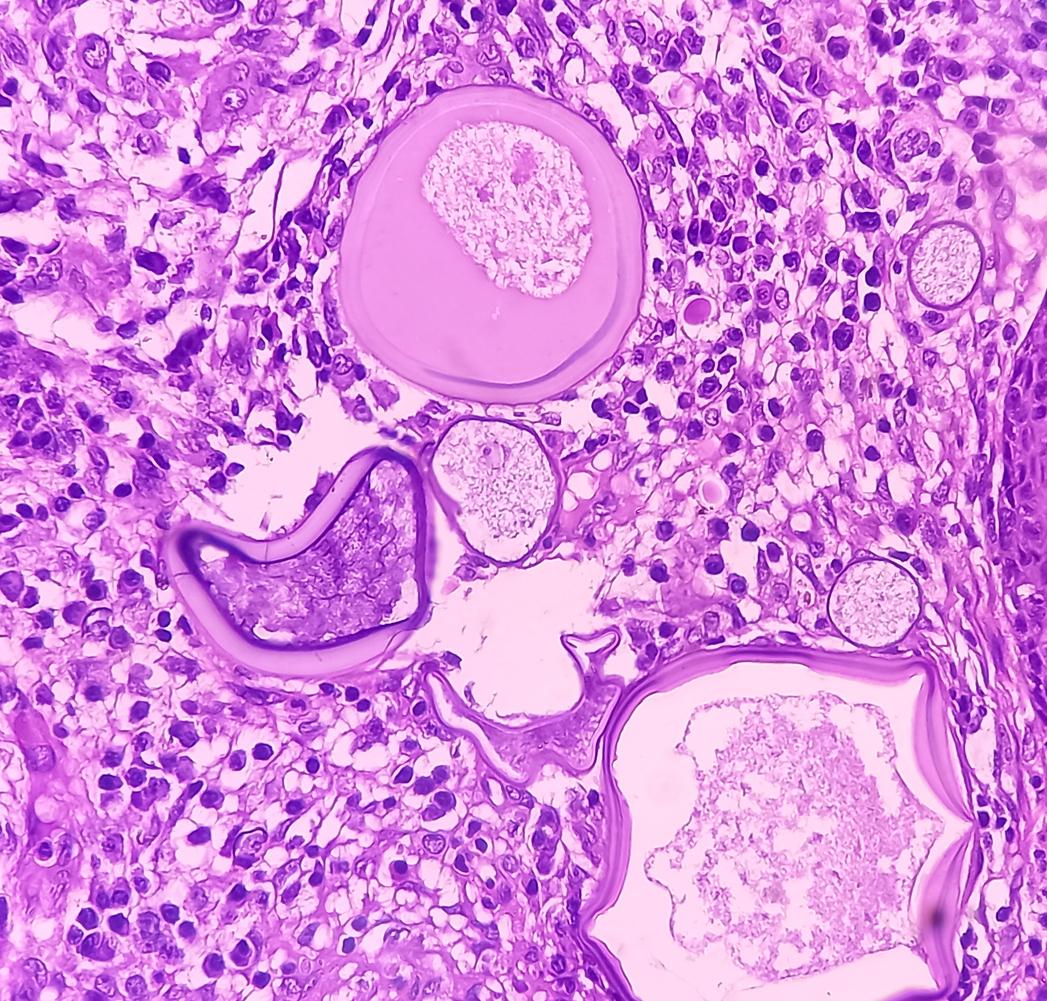
Six months ago I had a vaginal yeast infection for the first time. I’ve had tablets for this. Then it didn’t bother me for a while. Now I think I have another one. Can I get it from my friend? He has nothing further to worry about.
Ellen
Ton Dapper, general practitioner
The vagina is covered with mucous membrane on the inside. This mucous membrane secretes fluid and mucus. There are also bacteria and fungi. This is all very normal. There is a natural balance between the different types of bacteria and fungi. Sometimes this balance is disturbed. Certain fungi can then dominate. A fungal infection, also known as a candida infection, develops.
candida
The candida therefore normally occurs in the vagina, but also on the skin and in the intestines. When this fungus becomes dominant, you will experience itching and white, sometimes crumbly, non-smelling vaginal discharge. The lining of the vagina may be red, swollen and painful. Peeing or having sex can cause pain or cause a burning sensation.
Hormonal changes
Several factors can upset the balance between bacteria and fungi in the vagina. Hormonal changes in particular play a role. Some women have a yeast infection around every menstrual period. Others get it during pregnancy. Women with diabetes are more likely to have vaginal yeast infections. Antibiotics kill bacteria in the vagina, giving fungi the chance to expand. A reduced resistance and general condition, for example due to worries or busyness, also seems to be able to disrupt the balance between bacteria and fungi.
You do not get a yeast infection through sexual activity. It is not a sexually transmitted disease. Making love while the vagina is still dry can irritate the mucous membrane. If necessary, you can use a lubricant.
no soap
Thorough cleaning with soap (also neutral soap) irritates the mucous membrane and increases the risk of a fungal infection. Water and soap strongly dry out skin and mucous membranes. The advice is to disturb the natural condition of the vaginal mucosa as little as possible. You should not wash more often or more thoroughly. It is better to rinse the pubic area in the shower with only lukewarm water.
A fungal infection usually goes away on its own. If the discharge or burning are very bothersome, treatment is possible with a vaginal tablet or a vaginal capsule. With recurrent yeast infections, it is possible to use a vaginal tablet once a month for a period of three to six months, on the fifth day after the onset of menstruation. This treatment cannot guarantee that the fungus will stay away. Your partner does not need to be treated

















